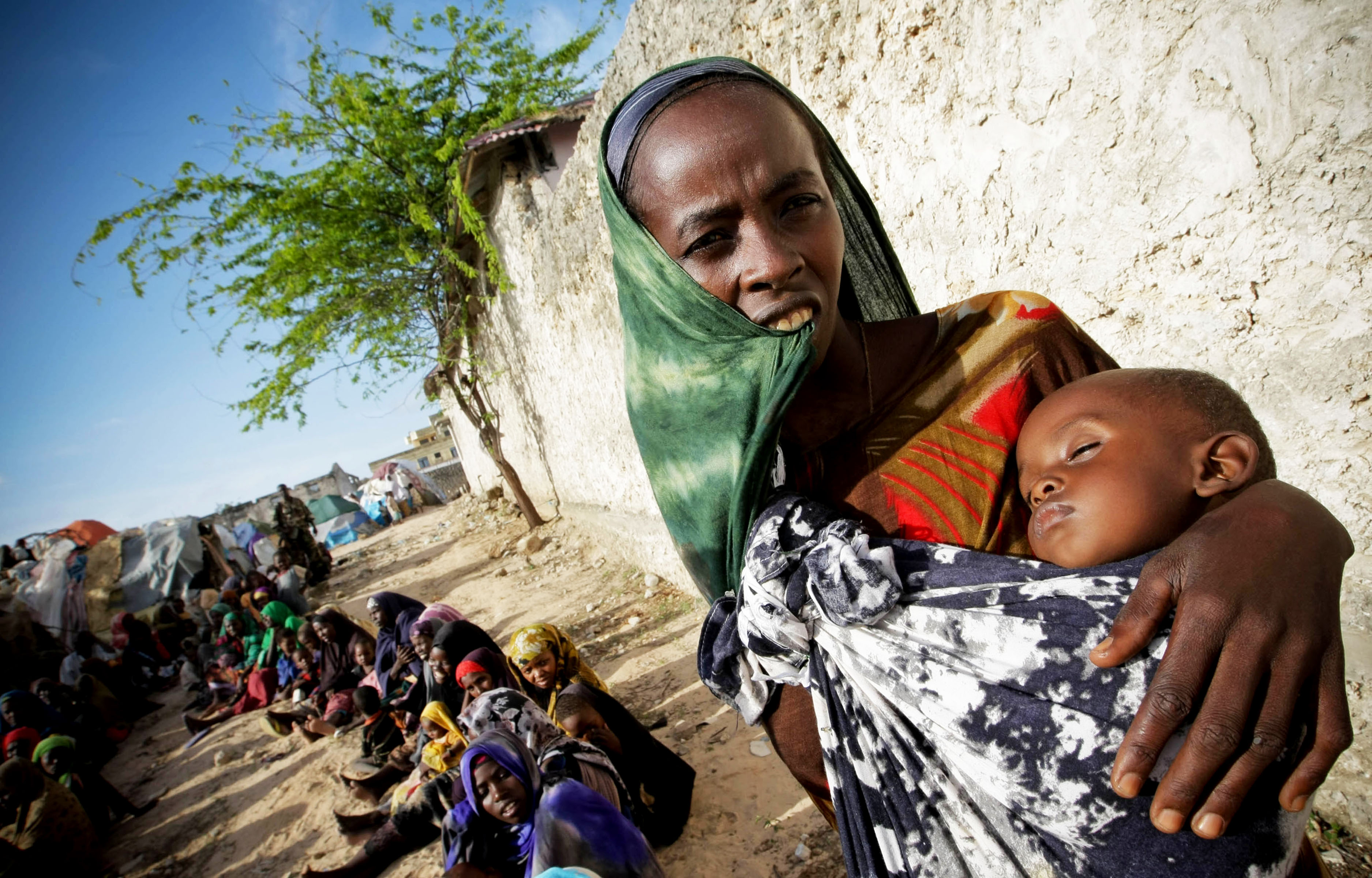Innovating in Complexity — 4 Principles for Innovators

In late 2015 the HIF approached us to explore collaborations between gender-based violence (GBV) practitioners and innovation experts. At Mensch, we specialise in innovation in highly complex frontier and emerging markets, like Somalia, Libya, and Palestine. Yet, GBV challenged us like few themes have. Its dark history, convoluted understanding of its causes, and the many failed and successful interventions would require us to rethink innovation approaches and methods to unpack a subject that is often portrayed as insurmountable.
Together with our incredible local partners in Somalia — IIDA Women’s Development Organisation, Benadiir University, Iftiin Foundation and the International Rescue Committee — we began exploring how to challenge deep-seated social norms and systemic inequalities that increase vulnerability of internally displaced Somali women.
Over the course of the project, we developed a number of principles that proved essential in working on this complex subject and region. We offer them here in draft form to contribute to a discussion about the role of innovation in GBV and more broadly humanitarian aid:
1. Collaborate with Local Partners
Local partners are critical in understanding the realities on the ground and are an impressive and sometimes underappreciated source of insight. They have intimate connections with communities, rigorous understanding of the complexity of local contexts, excel in assessing project feasibility and desirability, and often have an in-depth understanding of field operations and the landscape of interventions.
2. Prepare thoroughly
Innovators must dive significantly deeper in discovery than with ‘simpler’ challenges if they want to build trust and contribute and facilitate effectively. They should interview a range of subject matter experts, read extensively from academic studies and reports of field operations across regions, and review media (films, photos) where travel is not possible. They must understand the fundamental approaches, terminology, and practices of the field which they are entering.
3. Be humble
They must adopt a humble posture of learning, recognising that they know less about the topic than experts and less about the reality on the ground than their local partners.
4. Be an informed facilitator
The role of innovators should be one of a facilitator who guides groups to creative, insightful, and appropriate outcomes, but never determines outcomes. We must nurture creative confidence in collaborators, support wild ideas, but also understand where sensitivities and limitations lie.
While we continue to learn about the meaning and practice of these principles, we would welcome insights and contributions from others.
Stay updated
Sign up for our newsletter to receive regular updates on resources, news, and insights like this. Don’t miss out on important information that can help you stay informed and engaged.
Related articles


.png)
Explore Elrha
Learn more about our mission, the organisations we support, and the resources we provide to drive research and innovation in humanitarian response.